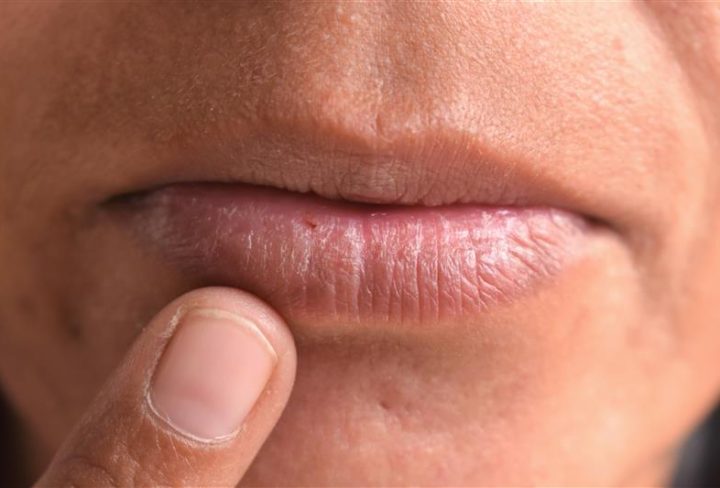What is Dry Mouth (Xerostomia)?
Dry mouth, also called xerostomia, happens when your mouth does not make enough saliva. Saliva helps keep your mouth moist and healthy. Without enough saliva, you may feel uncomfortable. In fact, dry mouth can affect your oral health and daily life. According to the CDC, dry mouth is a common problem for many people.
Common Symptoms of Dry Mouth
It is important to know the signs of dry mouth early. Many people notice these symptoms:
Sometimes, people also notice mouth sores or a burning feeling. If you have these dry mouth symptoms, you are not alone.
Causes of Dry Mouth
There are many reasons why dry mouth can happen. For example, some causes include:
Because these causes are common, it is important to watch for xerostomia signs.
How to Recognize Symptoms Early
Early recognition helps prevent problems. For instance, you may notice your mouth feels dry in the morning. Or, you might need to sip water often. If you have trouble eating dry foods, this could be a sign. Additionally, pay attention to changes in taste or frequent mouth sores. By noticing these signs early, you can protect your oral health.
When to See a Dentist
Sometimes, dry mouth symptoms can lead to bigger issues. For example, you may get more cavities or gum disease. If your symptoms last more than a few days, see a dentist. Also, if you have pain, trouble swallowing, or sores that do not heal, get dentist advice soon. Dentists can help find the cause and suggest the best treatment.
Prevention and Lifestyle Tips
There are simple steps you can take to prevent dry mouth:
In addition, ask your doctor if your medicines could cause dry mouth. Sometimes, changing medicines can help.
Conclusion
Dry mouth can affect your comfort and oral health. However, early action and good habits can help. Consult a dentist for personalized advice on dry mouth symptoms.
